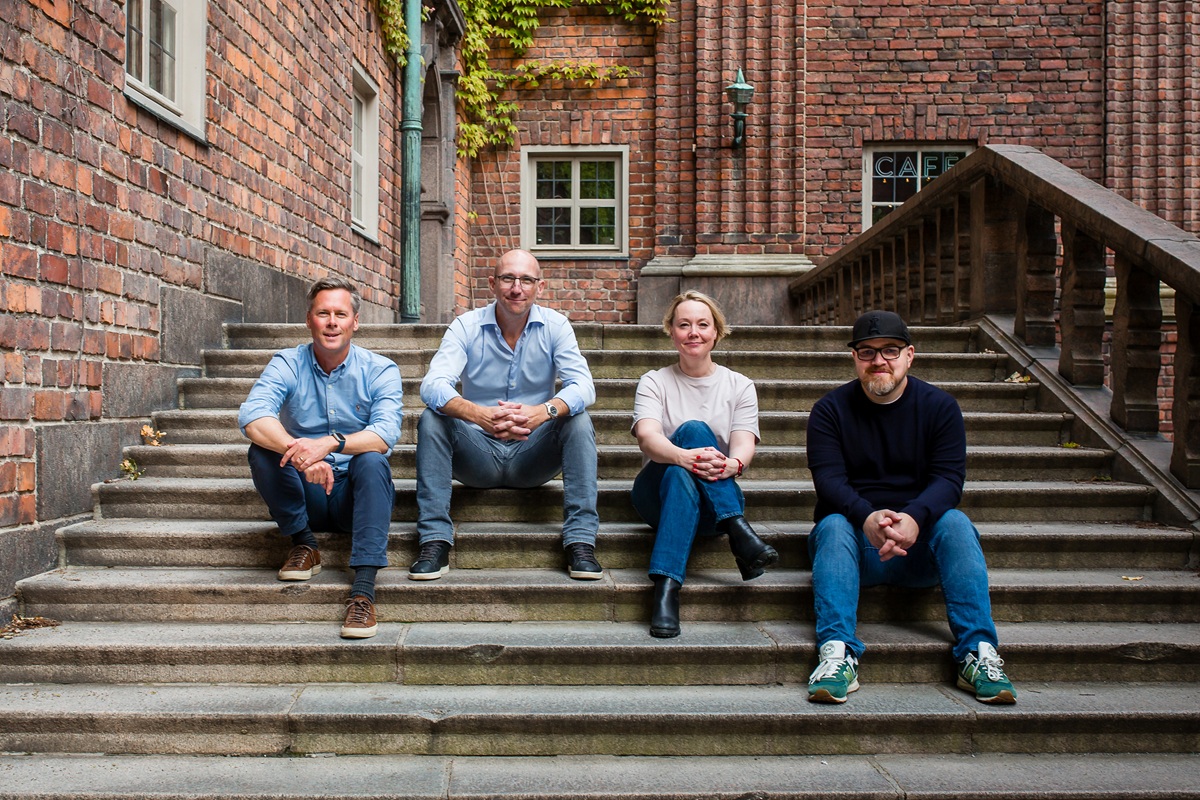Behold Management, a Swedish game venture capital firm, has raised $59.2 million, or 550 million SEK, to invest in European game companies.
The fund, led by founder and managing partner Karl Magnus Troedsson, a former triple-A game developer, got started in 2021, announced its fund in 2022 and it has invested $21 million in 18 companies to date, said Troedsson, in an interview with GamesBeat.

Unlock premium content and VIP community perks with GB M A X!
Join now to enjoy our free and premium membership perks.
![]()

![]()